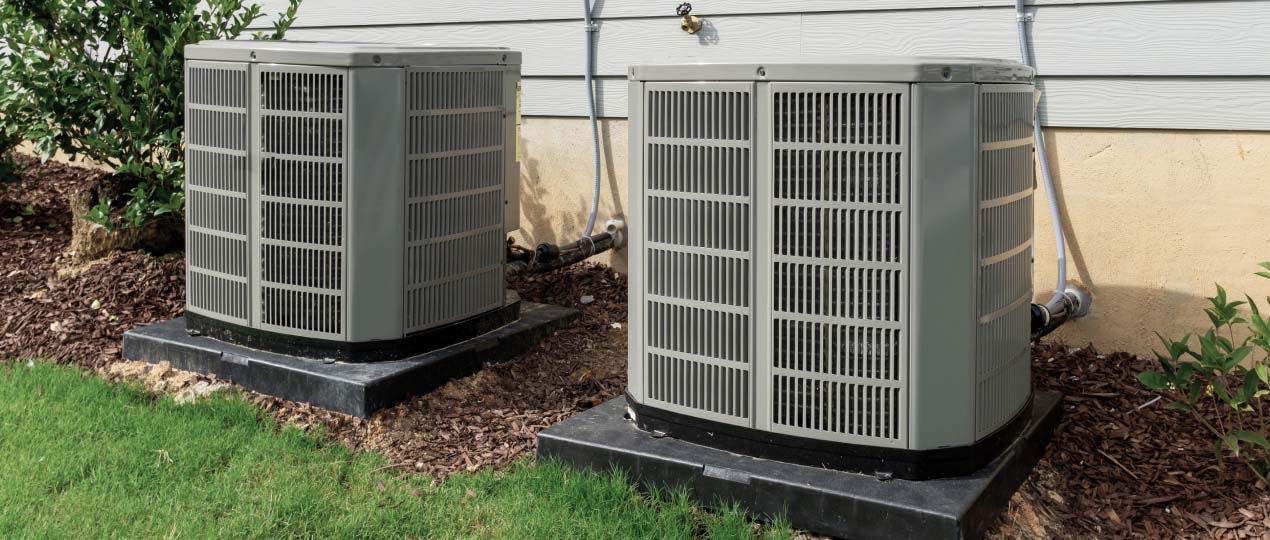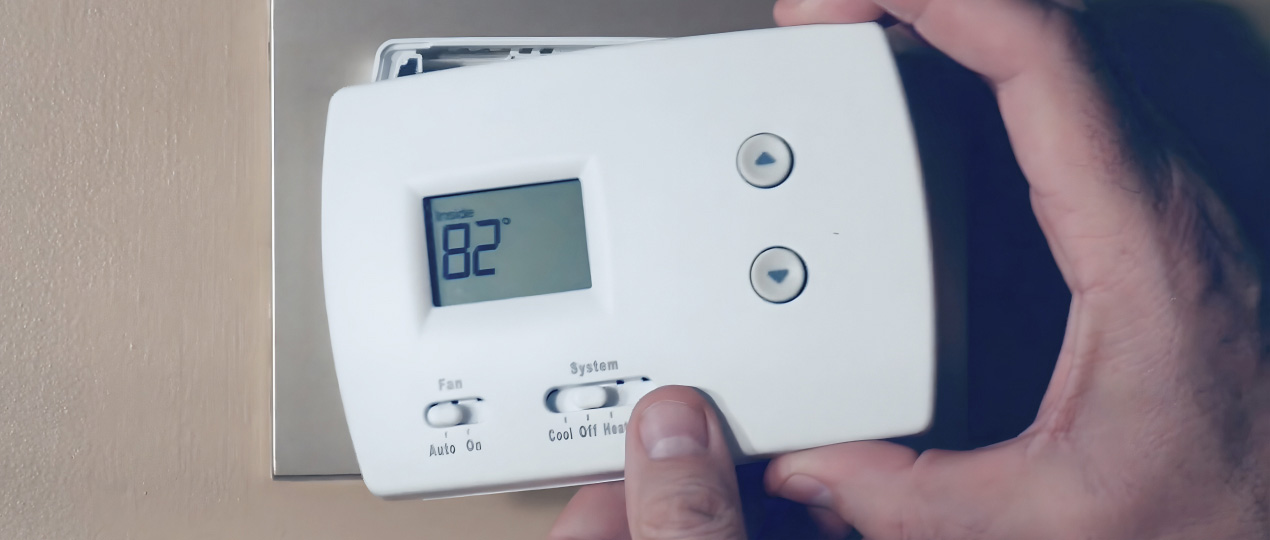
Heat pumps are an excellent choice for efficient heating and cooling solutions that are environmentally friendly. However, before you begin the selection process, it’s essential to understand how they work. Heat pumps transfer heat from one place to another using a refrigerant, providing heating during the winter and cooling in the summer. They extract heat from the air, ground, or water sources, making them versatile and efficient for both heating and cooling purposes.
Type of your heat pump
Choosing a heat pump may be difficult since there are different types of heat pumps, each with its own unique features and suitable for different climates and environments. These include:
- Air source heat pumps
- Ground source (geothermal) heat pumps
- Water source heat pumps
When choosing the type of heat pump for your home, consider the climate, available space, and budget.

Factors to consider before buying a heat pump
There are several factors to consider when choosing a heat pump for your home:
- Size and capacity Make sure the heat pump is sized to meet your home’s heating and cooling needs.
- Energy efficiency Look for heat pumps with a high Seasonal Energy Efficiency Ratio (SEER) and High Seasonal Performance Factor (HSPF) for optimal energy savings.
- Climate compatibility Consider your region’s climate to determine the most appropriate heat pump type and efficiency.
- Noise level Check the noise level of the heat pump outdoor unit to ensure minimal disturbance.
- Maintenance needs Evaluate the maintenance needs and costs associated with different heat pump models.
Proper installation is critical to your heat pump’s optimal performance and longevity. Consider hiring a professional HVAC technician who is experienced in heat pump installation and maintenance to ensure a smooth installation process.
Our team can solve any problem, guaranteeing a long-lasting result.
Order the best specialist in Canada Now (866) 545-6460






